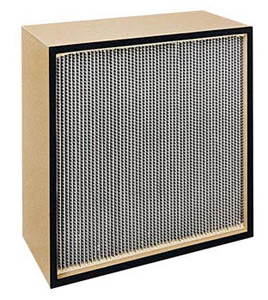
In a study, the researchers found that using HEPA filters for a minimum of two days improved the cardiovascular health in healthy, non-smoking elderly individuals.
For the study, the researchers measured ambient airborne particles and microvascular function (MVF) in the homes of 21 non-smoking couples aged 60-75 who lived nearby roads filled with traffic.
Each couple used air purifiers for two 48-hour periods. During one period, the purifier was equipped with a HEPA filter, and during the other, it ran without it, so that each individual served as his/her control.
The size distribution and number concentration of indoor air particles in each home wer constantly monitored. The researchers then assessed each individual’s MVF using a non-invasive finger sensor.
According to Professor Steffen Loft, MD, D.M.Sc, of the Institute of Public Health in Copenhagen, “Reduction of particle exposure by filtration of recirculated air for only 48 hours improved the microvascular function (MVF) in healthy elderly citizens. This suggests that indoor air filtration represents a feasible means of reducing cardiovascular risk.”
The researchers found that HEPA filtration removed about 60 percent of the ultrafine, fine and coarse air particles in homes, and was associated with an 8.1 percent improvement in individual MVF.
“Our main finding was a significant improvement in the function of small finger blood vessels after reduction of indoor air particles. This effect most likely indicates a general improvement in the function of the inner lining of small vessels, including those supplying the heart. “We expected that removing air particles with the HEPA filters would result in improvement of MVF but we were heartened and surprised by the extent it did, considering the modest levels of particles in the indoor air of the homes of the elderly,” said Dr. Loft.
“The results of this study indicate that reduction of particles in recirculated indoor air by filtration significantly improves MVF in a healthy, non-smoking, elderly population,” wrote Dr. Loft. “The improvement could not be ascribed to significant reduction in inflammation or oxidative stress by means of biomarkers.”
